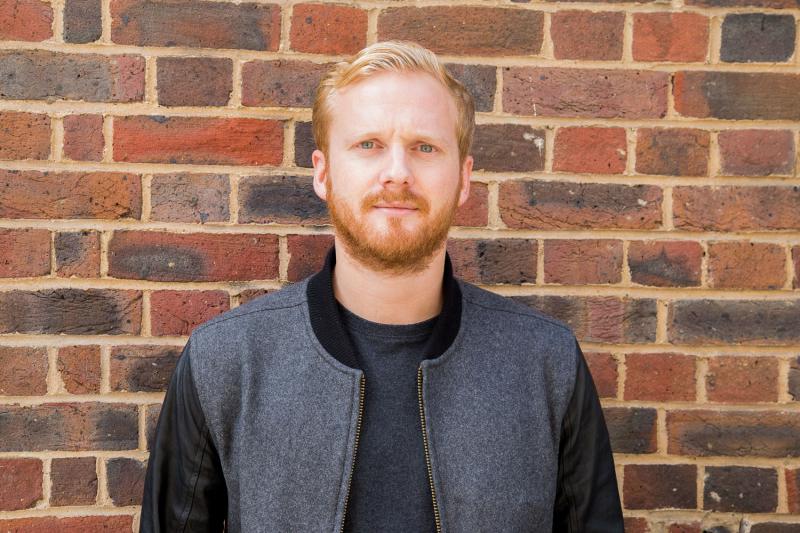
Corporate companies and their brands have impacted culture and society at large in some form for as long as brands have been around. Detergent manufacturers funded the creation of ‘soap operas’ to create an audience for their brands on radio then, later, TV. The Dairy Lobby turned a surplus of cow’s milk into an educational campaign that linked milk to bone health and ever since, Americans have been udderly convinced that cow’s milk is the best source of calcium.
But, in 2018, brands have been given more permission to speak about cultural and societal issues than ever before. And that’s not just an opinion, it’s a fact.
In partnership with Opinium and Pulsar, Splendid Communications explored the relationship between culture and brands and, based on the responses of 1,008 active social media users based in the UK, examined the shift in consumer attitudes towards brand conversation in relation to cultural topics. The research informed a recently published study, ‘Brands’ Permission to Speak’.
It’s easy to see that there is a growing expectation that brands should have something to say beyond their own products and services. Over half (52%) of the respondents agreed that brands have an obligation to act for the benefit of society and almost half (49%) said it’s important that the brands they interact with take a public stance on social causes.
But why are people relying on brands for representation? One reason appears to be that they don’t feel represented by their political establishments. According to Edelman Trust Index, just 36% of people trust the UK government to represent their views.
With such little trust in the government, brands and businesses are picking up some of the load and assuming more responsibility to reassure their audiences that big organisations are actually listening and working on their behalf.
People also seem to be looking to one another for representation, creating an echo chamber of confirmation bias. One study of UK political tweets found that users are highly biased towards content that matches their own point of view and interact more often with users who share their beliefs.
Some brands have capitalised on this growing worldwide polarisation by making a stand and picking a side on important issues. The most notable recent example is, of course, the 30th Anniversary advertising campaign for Nike featuring out-of-contract Colin Kaepernick. It was a not-so-subtle nod to racism and police brutality that led to a 31% increase in online sales. But not all brands will be so successful.
While, yes, brands have a newfound social responsibility, that doesn’t mean there aren’t limits to what they can say. Despite 41% of the respondents saying they’d rather a brand have any opinion than no opinion at all, 32% said they would unfollow a brand on social media if the brand posted something they didn’t agree with.
The research revealed that regular social media users across the UK would like brands to speak out on certain topics like mental health but, other topics like racism are only accepted regionally.
So, while people clearly are looking to brands for social leadership, it’s unclear what brands actually have permission to speak about. Without a prescribed list of accepted topics, brands must somehow learn how to navigate this cultural minefield and do so with transparency, consistency, and integrity in order to be successful.
